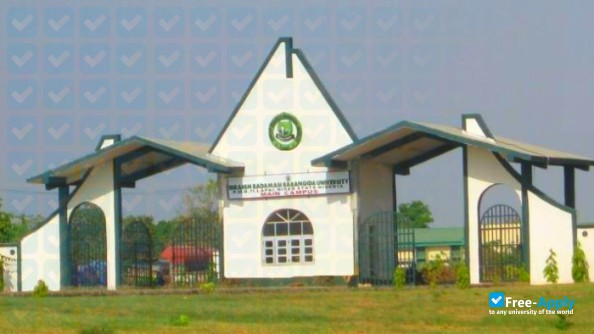Mali has taken a significant step towards promoting its local languages in education, following the adoption of a new constitution in 2023 that recognizes 13 official languages. Although French, the language of the former colonizer, is no longer an official language, it still maintains a strong presence in the country, including in classrooms. However, the Malian authorities are now harnessing the power of artificial intelligence to help students learn to read and write in their local languages.
The Education ministry has partnered with RobotsMali, an AI company that has produced over a hundred stories in Bambara, the most widely spoken language in the country. These stories are designed to be read by students in schools, with the aim of helping them develop their language skills. The stories are also illustrated, which helps students make connections between words and their meanings quickly. AI programs like ChatGPT and Leonardo are used to write, translate, and illustrate the stories.
According to 13-year-old pupil Clarisse Yasségué Togo, the initiative has been beneficial, saying, “It helps me speak better with my friends. All of this is good.” However, she notes that French is still the dominant language spoken at school. RobotsMali’s Mamadou Dembele explains that the organization hopes to provide a solution to the lack of books in Malian languages, which has been a longstanding issue.
Mali’s efforts to promote its local languages are not new, but previous attempts to replace French-language education with languages like Bambara have been unsuccessful due to a lack of resources and political will. However, the relationship between Mali and France has changed significantly in recent years, particularly after a military junta seized power in 2020 and 2021 coups. The RobotsMali initiative is seen as a way for Mali to break free from the lasting influence of its former colonial ruler.
The initiative has been well-received by students, with 17-year-old Fatoumata Sacko saying, “Bambara is our language. We should prioritize it.” Dembele adds, “It makes me proud to see my little brothers and sisters learning with so much joy.” As Mali continues to promote its local languages, it remains to be seen how successful this initiative will be in reducing the country’s reliance on French. Nevertheless, it is a significant step towards preserving and promoting Mali’s linguistic diversity.



